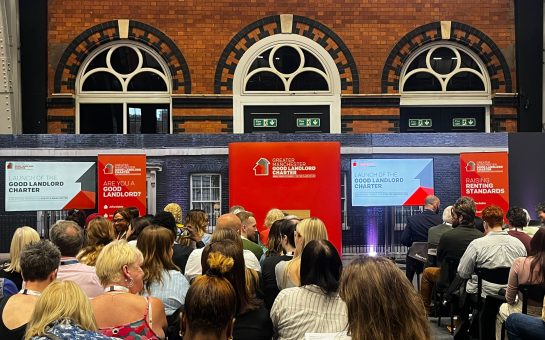A Manchester drag performer who legally changed his name to Misty Chance to dodge Facebook’s ‘real name’ policy may be changing it back, after the social media site retracted its guidelines.
In a statement released on Wednesday, the social network giant said sorry ‘for the hardship that we’ve put you through in dealing with your Facebook accounts over the past few weeks’.
An exclusive story by MM last week reported how Facebook’s change of policy, insisting all users use their real name, meant that Manchester drag queen Christian James D’Arcy was forced into changing his legal name to his stage moniker to maintain his business.
And just eight days after going through the formalities of changing his name so he could keep his account, Facebook announced they were going to backtrack on their decision, allowing those genuine users of the site going under aliases to keep their accounts.

SECOND CHANCE: Misty will change her name back should Facebook retract their policy
Facebook’s Chief Product Officer, Chris Cox, directed the apology to ‘the affected community of drag queens, drag kings, transgender, and extensive community of our friends, neighbours, and members of the LGBT community’.
“We’ve come to understand how painful this has been,” he said in a statement on Facebook.
“We owe you a better service and a better experience using Facebook, and we’re going to fix the way this policy gets handled so everyone affected here can go back to using Facebook as you were.
“Our policy has never been to require everyone on Facebook to use their legal name. The spirit of our policy is that everyone on Facebook uses the authentic name they use in real life. For Sister Roma, that’s Sister Roma. For Lil Miss Hot Mess, that’s Lil Miss Hot Mess.”
However, Misty has yet to change his name back and is sceptical about Facebook’s promise to change.
“At the moment, all they’ve done is issue an apology and say they’re going to look into changing their policy,” he said.
“What they’re going to change remains to be seen. Until that policy is put down in black and white, then I’m going to be reserving judgement for now.”
Commenting on the hassle of having to get his name legally changed back, he said: “No time wasted, really.
“It takes 15 minutes to do, so I will just be going and changing it back, but I’ll only be doing that once, obviously.
“Fortunately they backtracked only eight days after I changed my legal name, so yeah, it’s not a great deal of hassle really.
“As for Facebook, I don’t think the pressure was targeted at us specifically. I think because we use aliases as businesses, then we unfortunately got caught up in that. It did state that all false names would be removed if they weren’t legal, so I don’t think it was homophobic or targeted at a minority group.”
Jen Lau, from Manchester gay rights charity the Lesbian and Gay Foundation (LGF), said the organisation were pleased with Facebook’s decision to back down, claiming there are plenty of legitimate reasons for using an alias.
“The main thing for us is how the individual self-identifies themselves,” she said.
“Whether that is under a fake name or an alias, and whether they choose to be in the public eye or public sphere is their choice.
“As for why LGBT people may not decide to use their own name, maybe they haven’t come out yet, or they don’t want other people to know they’re out, maybe they want to have some kind of self-preservation, or perhaps they want to keep it a secret and just have another identity within social media.”
Like Misty, she agreed that the alias ban wasn’t directed just at the LGBT community, but argues that a little common sense goes a long way.
“I think there should be a choice there, an option for people, it’s their decision,” she added.
“Unfortunately, it does get abused, and there are people who create fake accounts and who aren’t who they say they are, but on all types of social media you have to take that same precaution.
“I don’t think you can have a policy where you’re telling people they have to give their true identity, because it’s never going to work, not with social media. It’s ridiculous.”
Read the full statement from Facebook’s Chris Cox here.



